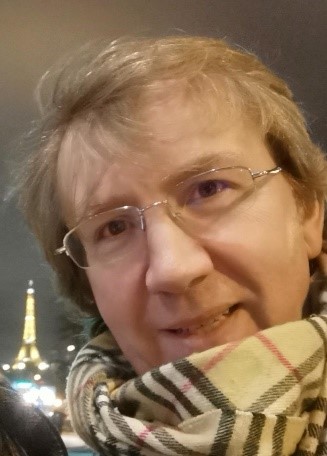No one size fits all for COVID-19 response
“The virus affects everyone the same, rich and poor”;
“Priority of policy should be to take care of people, not the economy”...
These kinds of statements sound very nice, but they can be very misleading and unhelpful for policymaking. Sure, if you are (like a majority of those that will read this message) either from a country with a good social safety net in place, or have secured income or sufficient money saved to survive and take care of yourself and your family while everybody goes on lockdown for a month or more, it is in your interest to call for prioritizing strong actions to eradicate COVID-19 health risks over going to work: everyone should lock themselves up and wait it out!
But what if your country’s population consists of low-income workers on daily or weekly contracts, some of them spending a big share of their hard-earned money to buy medicine for a mother or child sick from one of many diseases unrelated to COVID-19? What if many live in a slum or share small rooms with co-workers? What then? Is shutting down schools, restaurants, markets and asking everybody to stay where they are to eradicate one dangerous virus really the “optimal” solution?
All countries face different contexts and situations, and rich and poor in each of these countries also face different contexts and situations. It is not a matter of people vs. economy. It may be more a matter of health risk from COVID-19 vs. everything else, including other health risks. The real economy needs to be protected, as it is the only way for people to protect themselves in most developing countries, where there is a lack of public services capable of taking care of people for any extended period of time. As such, policymakers in developing countries should think hard of what the best policy solutions for their own countries are, learning from what other countries are doing but not necessarily duplicating them. Rich and poor will be affected differently. Real solidarity and cooperation both within country and across the globe should be the basis for a COVID-19 crisis response that will leave no one behind.

